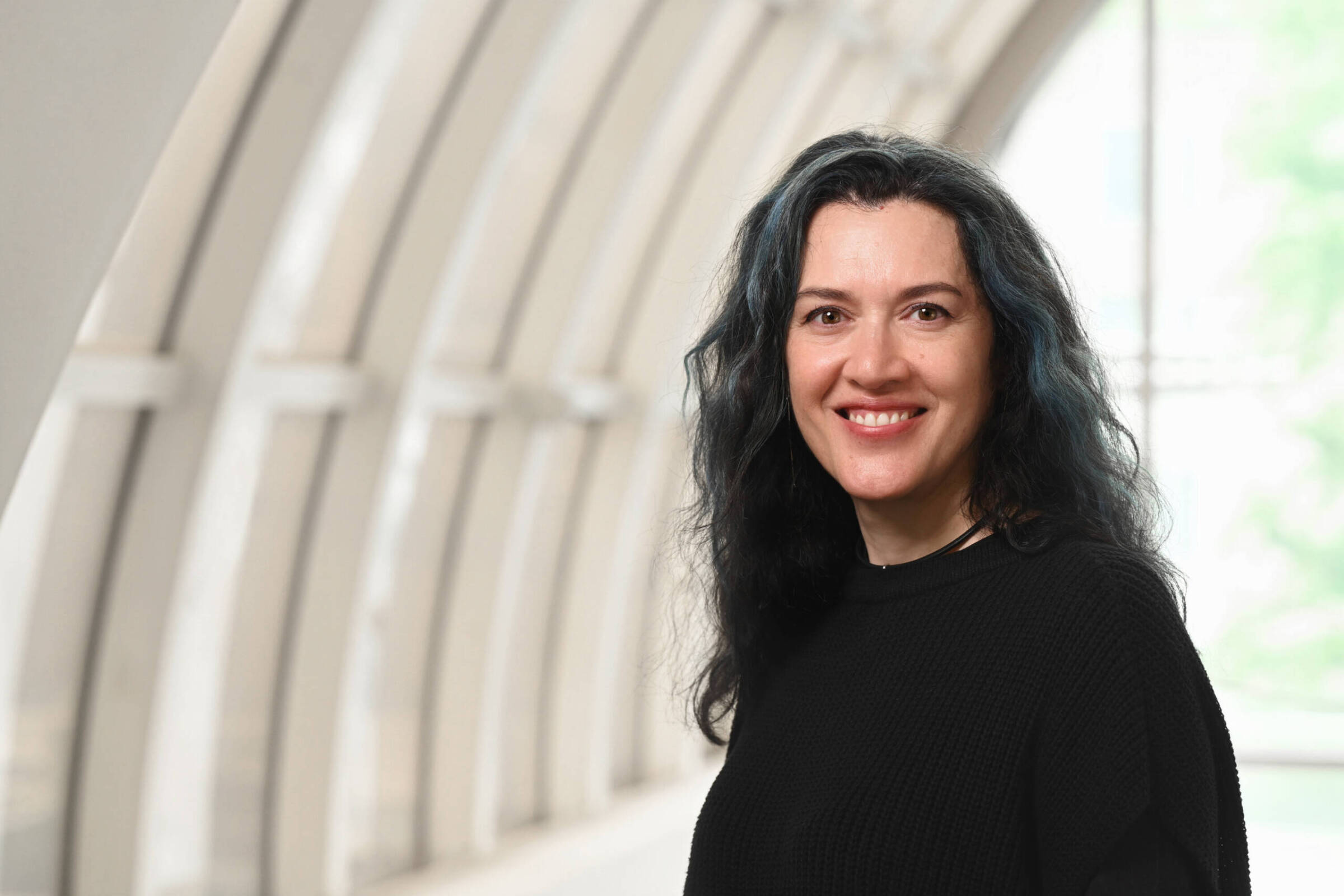Rockefeller University President Arnold Levine Receives First Albany Medical Center Prize
$500,000 award is largest annual prize in medicine offered in United States

Arnold J. Levine, Ph.D.
Arnold J. Levine, Ph.D., president of The Rockefeller University, is the first recipient of the Albany Medical Center Prize in Medicine and Biomedical Research. Levine is recognized for his discovery of the p53 tumor suppressor protein, one of the body’s most important defenses against many forms of cancer.
The Albany Medical Center Prize in Medicine and Biomedical Research, which carries a $500,000 award, is the largest annual prize in science or medicine offered in the United States. The prize honors a physician or scientist whose work has led to significant advances in health care and scientific research.
Levine, who is the Robert and Harriet Heilbrunn Professor of Cancer Biology at The Rockefeller University, first isolated the p53 protein in 1979. P53 was originally thought to be an oncogene, or tumor accelerator, but Levine and his colleagues later showed that it is, in fact, a tumor suppressor–it prevents cancer. Other scientists went on to show that a mutation in p53 is the single most common genetic change in human cancers, including those of the breast, lung, colon, prostate, bladder and cervix.
Scientists now know that p53 is part of a complex network with many components. For example, in colon cancer, a mutation in the p53 gene causes “this terrible transition between benign tumors, which are under control, and malignant tumors, which are out of control,” says Levine. Mutations in other genes play a role in colon cancer, but a p53 mutation plays a particularly critical role.
While the p53 gene is subject to mutation, tumors can also occur in cells with normal functioning p53. In these cases, other components of the p53 network inactivate or paralyze p53. In 1992, Levine and his colleagues identified a protein called MDM2 that normally modulates p53. In some cancer cells, too much MDM2 is produced, and p53 becomes bound to MDM2 much like a fist grasped by a hand. Levine’s lab is now collaborating with synthetic protein chemists at Rockefeller to develop small molecules that would free p53 from its paralyzing bond with MDM2, and thus permit p53 to resume its normal activity.
Recently, Levine and colleagues characterized and identified a version of p53 in the fruit fly, an important model organism for the study of a host of human diseases, including cancer. And Levine is a pioneer in the use of DNA microchip arrays, which can analyze the interactions of thousands of genes at one time, to study cancer.
Levine came to Rockefeller from Princeton University, where he was the Harry C. Wiess Professor of Life Sciences. Between 1984 and 1996, he presided over a major expansion of Princeton’s life sciences programs as chairman of the Department of Molecular Biology. Levine helped shape U.S. science priorities as chairman of an influential 1996 review panel on federal AIDS research funding. He also chairs the National Cancer Advisory Board, which advises the National Academy of Sciences and its Institute of Medicine on cancer policy.
Born in Brooklyn, N.Y., Levine received a B.A. from Harpur College, SUNY, in 1961 and a Ph.D. from the University of Pennsylvania in 1966.
After postdoctoral work at the California Institute of Technology, he joined Princeton in 1968 as an assistant professor, becoming a professor of biochemistry in 1976. In 1979, Levine moved to the SUNY Stony Brook School of Medicine to chair the Department of Microbiology. He returned to Princeton in 1984.
Levine was elected to the National Academy of Sciences in 1991 and to its Institute of Medicine in 1995. In addition to the Albany Medical Center Prize, he has received numerous awards including the 2001 Alfred Knudson Award in Cancer Genetics from the National Cancer Institute. In 2000, he received the Keio Medical Science Prize from the Keio University Medical Science Fund in Japan, and the Medal for Outstanding Contributions to Biomedical Research from the Memorial Sloan-Kettering Cancer Center. He was named co-recipient of the 1999 Louisa Gross Horwitz Prize from Columbia University, and he received the 1999 General Motors Cancer Research Foundation’s Charles S. Mott Prize for the most outstanding recent contribution to the diagnosis or treatment of cancer. In 1998, he received the Paul Ehrlich and Ludwig Darmstaeder Prize, the Bertner Award from the University of Texas M. D. Anderson Cancer Center and Eli Lilly’s Clowes Award. Among his other awards are the 1993 Katharine Berkan Judd Award from Memorial Sloan-Kettering Cancer Center, the 1994 Bristol-Myers Squibb Award for Distinguished Achievement in Cancer Research and the first Strang Award from the Strang Cancer Prevention Center, also in 1994.
Levine is the author of the book Viruses (Scientific American Library, 1992).
The Albany Medical Center Prize in Medicine and Biomedical Research was established in November 2000 following a $50 million gift commitment by Morris “Marty” Silverman, a New York City philanthropist who was born in Troy, N.Y., and educated in nearby Albany. The annual prize is an effort to encourage and recognize extraordinary and sustained contributions to improving health care and promoting innovative biomedical research.


